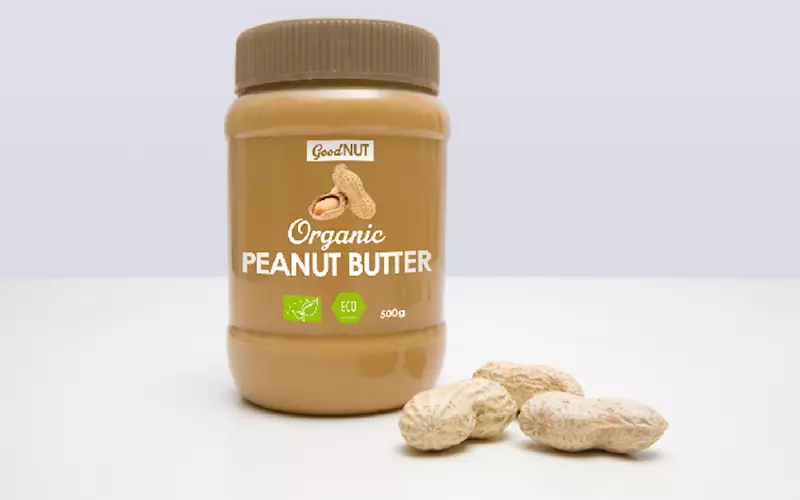UPM Raflatac, SABIC introduce PP label with recycled content
UPM Raflatac and Saudi Basic Industries Corporation (SABIC) have developed polypropylene (PP) labels manufactured from post-consumer recycled (PCR) plastic. The product has been launched into the market and it is now available globally.
25 Apr 2020 | By WhatPackaging? Team
UPM claims the labels to be first of its kind, which has been developed leveraging SABIC’s Trucircle solutions for certified circular PP products. Announced as PP PCR clear and white labels, the product is made with chemical recycling technology that uses mass-balance approach to deliver virgin-like resin feedstock.
Antti Jaaskelainen, executive vice president, UPM Raflatac, said, “We are happy to be involved in our industry’s shift toward more circular solutions and this innovative product is the first of its kind available on the market. It is a concrete outcome of our efforts to label a smarter future beyond fossils by developing products that reduce the use of nonrenewable materials and treat waste as a valuable resource.”
According to the Finland-based labelstock manufacturer, the quality of the post-consumer recycled plastic is secured through chemical recycling, turning plastic polymers back into their original molecules. These can be reformed into PP which is equivalent to virgin raw materials, fulfilling strict food safety regulations. Thus, the chemical recycling process makes it possible to use recycled plastics in applications that could not utilise recycled materials such as for food applications.
With the same properties as standard PP films, the PP PCR films can be used in different label applications, including rigid food packaging. According to the labelstock manufacturer, customers and brand owners can achieve the same product performance and cut their footprint by decreasing the amount of virgin materials used in the respective application.
In addition, the whole value chain of the newly developed films has ISCC Plus certification – a sustainability certification scheme which verifies that the mass balance accounting follows predefined and transparent rules. It also provides traceability along the supply chain, from the feedstock to the final product.
Meanwhile, SABIC's Trucircle helps span design for recyclability - mechanically recycled products, certified circular products from feedstock recycling of plastic waste streams and certified renewable products from bio-based feedstock.
Mark Vester, circular economy leader at SABIC, said, “We are continuing to reinvent and lead in sustainability, and we are truly pioneering the way towards a circular economy for plastics. Trucircle is a significant milestone in our journey and with it, we’re more committed than ever to collaborating to close the loop on used plastics for the good of our planet.”
As one of the signatories to the Ellen MacArthur New Plastic Economy initiative, UPM Raflatac is committed to achieve its target to provide 100 per cent reusable, recyclable or compostable plastic packaging by 2025. And the PP PCR labels are a continuation of the company’s mission to use recycled or renewable raw materials. The first step of it was with UPM Raflatac Forest Film, in which fossil raw materials are replaced by renewable wood-based ones.











 See All
See All